India rejects US President's claim, says 'No phone call between Trump, PM'
Fri 17 Oct 2025, 01:04:20
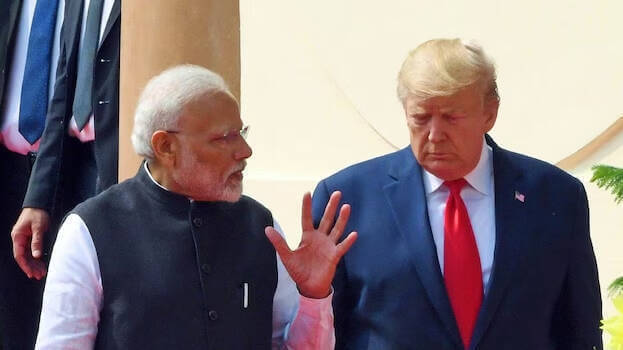
India on Thursday rejected outright US President Donald Trump's claim that Prime Minister Narendra Modi had a telephonic conversation with him, assuring that New Delhi would stop buying Russian oil. There was no phone call between the two leaders yesterday, the government said on Thursday.
The Ministry of External Affairs (MEA), in a media briefing on Thursday, said that they have already issued a statement responding to Trump's claims, and added, "As far as a telephone or a conversation between the two leaders, there was no phone call between the two leaders yesterday".
Donald Trump on Wednesday said during a White House media briefing that Prime Minister Narendra Modi, in a telephonic conversation, had assured him New Delhi would stop buying oil from Russia, calling it "a big step" in his push to isolate Moscow over the war in Ukraine.
Trump added he had flagged concerns with PM Modi about India’s continued imports of Russian crude, which Washington believed helped fund President Vladimir Putin’s war. "I was not happy that India was buying oil," Trump said.
Rebutting that claim without directly addressing the Republican leader, the MEA had reiterated in an earlier statement that India's energy decisions were guided by consumer interests.
The government highlighted that ensuring stable energy prices and securing supplies were the twin objectives of India’s energy policy, and stressed that decisions were guided accordingly.
The US has recently intensified its efforts to persuade India to stop purchasing oil from Russia — a supplier that currently provides about one-third of India’s total crude imports. Washington argues that cutting these imports would reduce Moscow’s financial strength and pressure it to end the conflict in Ukraine.
On Wednesday, calling India's purported assurance
to stop buying Russian oil a "major move," Trump said that "Next, we’ll work on getting China to follow suit".
to stop buying Russian oil a "major move," Trump said that "Next, we’ll work on getting China to follow suit".
Responding to media questions about these remarks, India reiterated that maintaining stable energy prices and secure supplies remains central to its policy. The MEA emphasised that India continues to diversify its energy sources and adjust procurement in line with market dynamics.
"He (PM Narendra Modi) assured me today that they will not be buying oil from Russia. That’s a big step. Now we’re going to get China to do the same thing," Trump had claimed.
Trump also said that PM is a close partner despite friction over energy policy. "He’s (PM Narendra Modi) a friend of mine. We have a great relationship," Trump said when asked if he saw India as a reliable partner amid tensions with China.
Trump's claims sparked a political battle in India, with Leader of Opposition Rahul Gandhi once again training guns at PM Modi, claiming he appeared "frightened" of US President Donald Trump.
The Congress MP criticised Modi for repeatedly allowing Trump to dictate terms, sending congratulatory messages on the Gaza deal between Hamas and Israel despite snubs, cancelling the Finance Minister's visit to the US, and not contradicting Trump on Operation Sindoor.
However, Russia threw its weight behind PM Modi and the Indian government, with Russian Ambassador to India, Denis Alipov, saying that India’s energy cooperation with Moscow remains aligned with its national interests.
On being asked during a media interaction whether India would continue importing Russian oil, Alipov said, "This is the question for the Indian government. The Indian government is having in mind the national interest of this country in the first place, and our cooperation in energy is very much in tune with those interests".
No Comments For This Post, Be first to write a Comment.
Most viewed from National
Most viewed from World
AIMIM News
Latest Urdu News
Most Viewed
May 26, 2020
Where should be the burial of the pilgrims martyred in the Saudi Arabia bus accident?
Latest Videos View All
Like Us
Home
About Us
Advertise With Us
All Polls
Epaper Archives
Privacy Policy
Contact Us
Download Etemaad App
© 2025 Etemaad Daily News, All Rights Reserved.

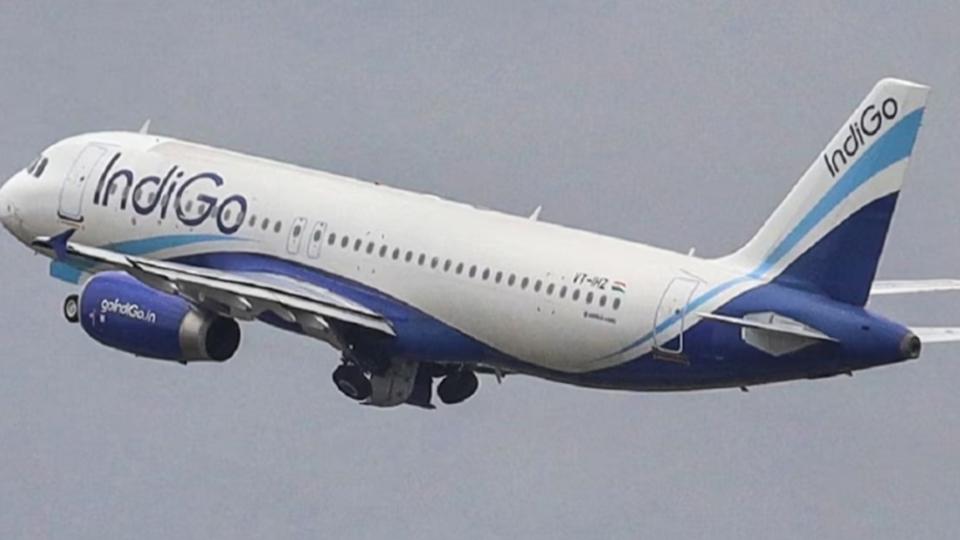
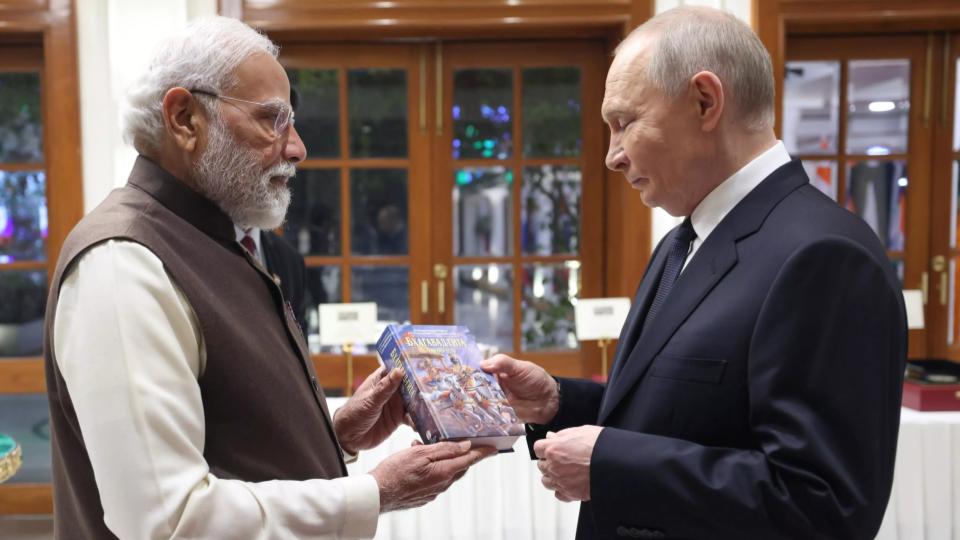


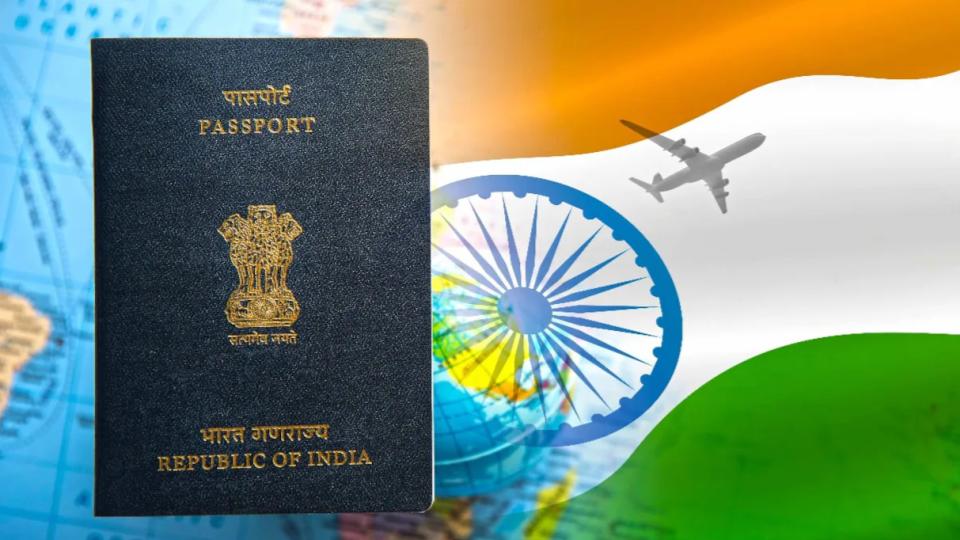
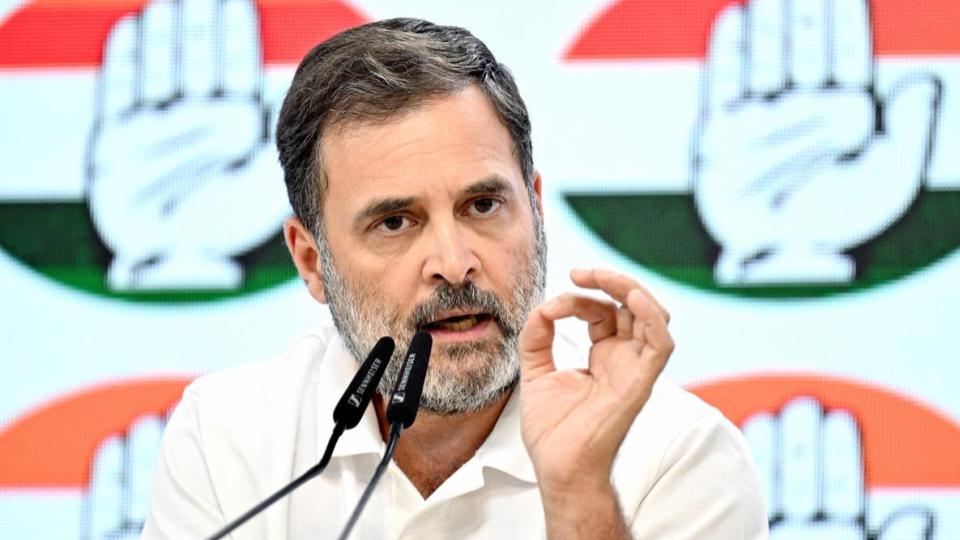
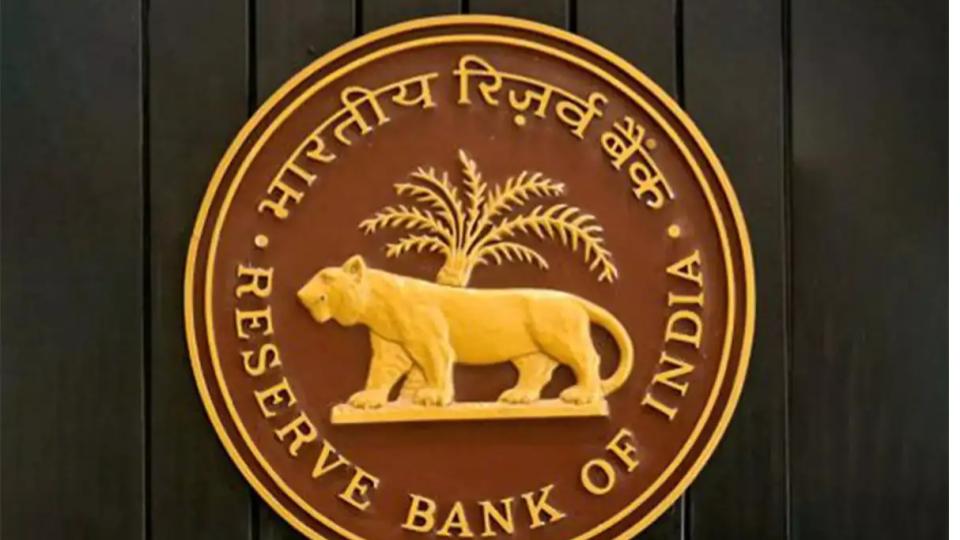
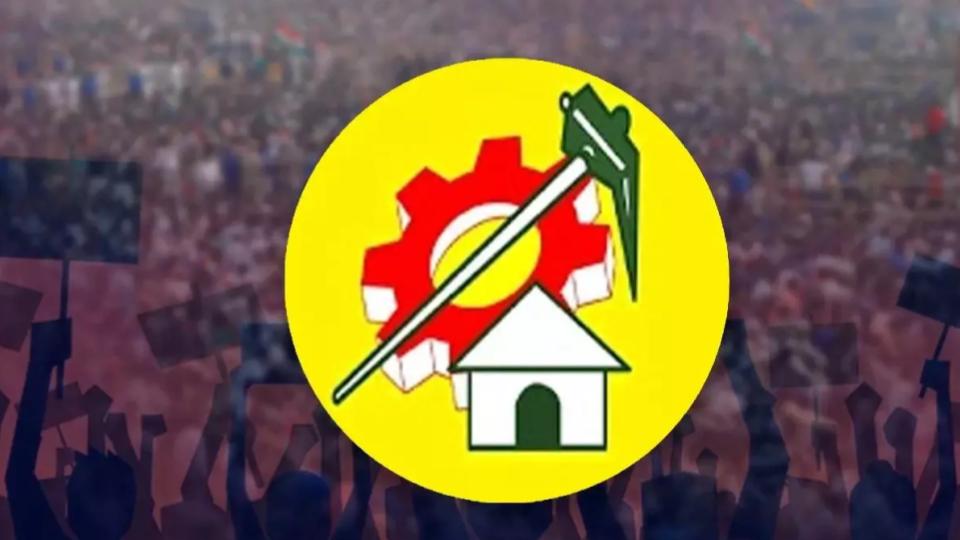
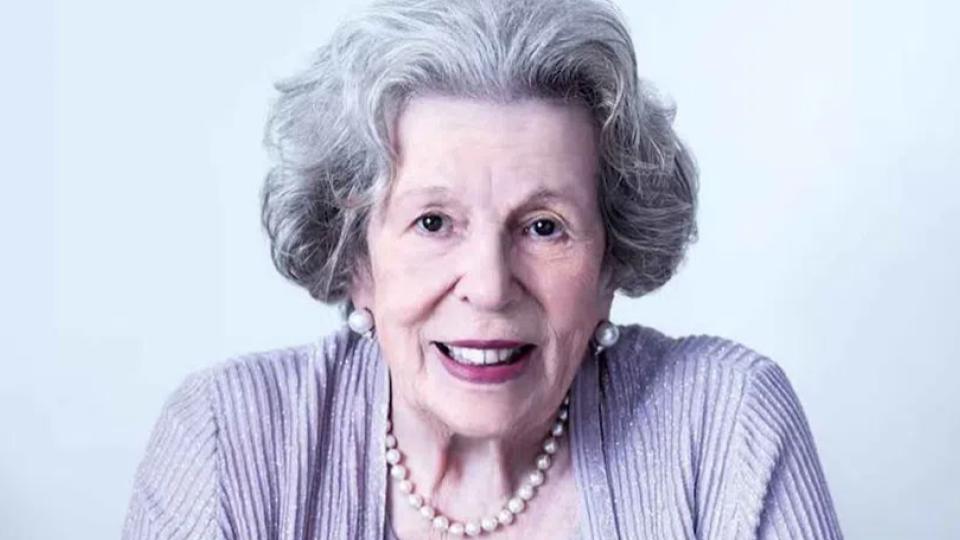
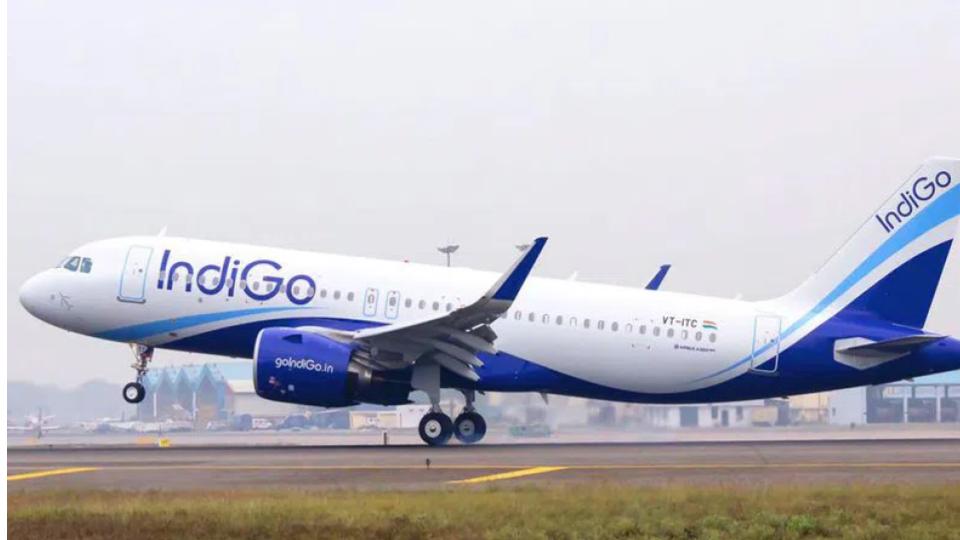
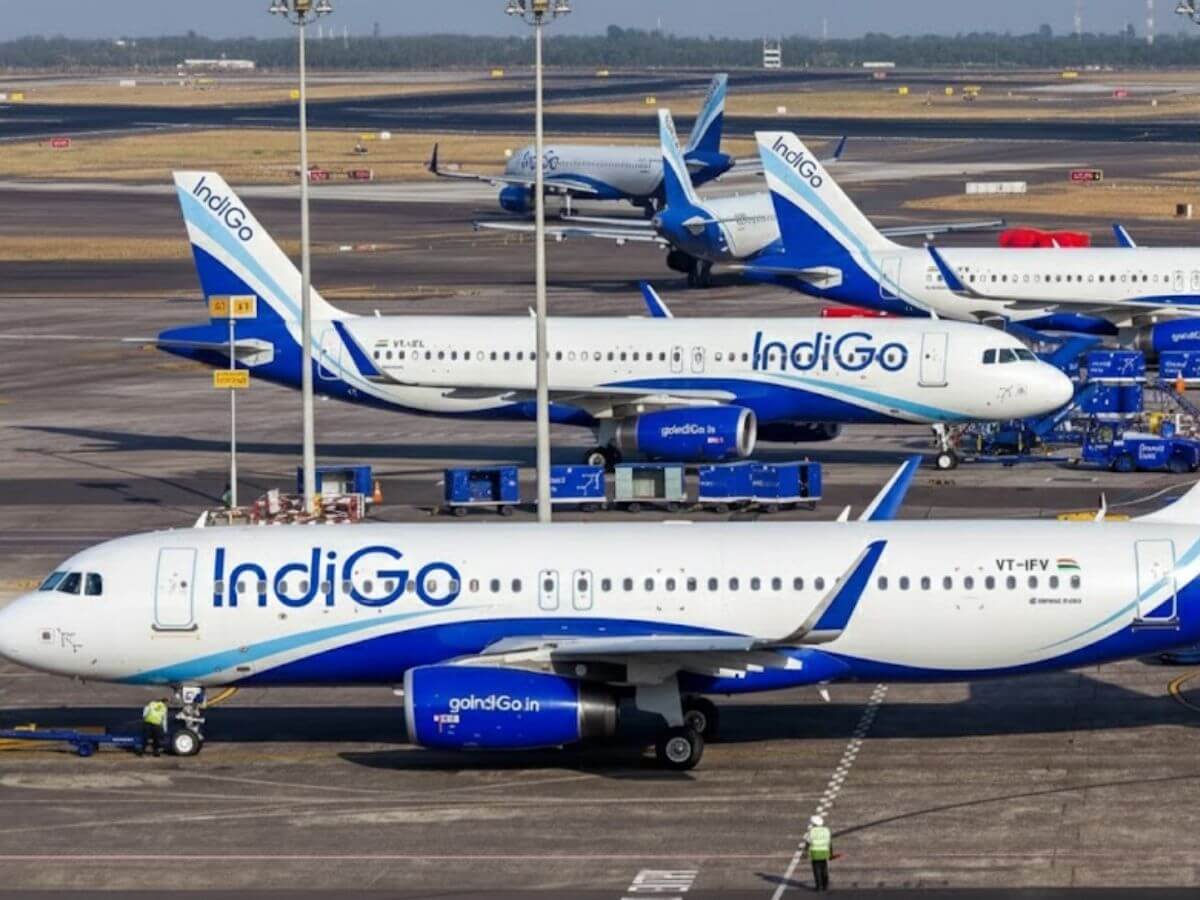
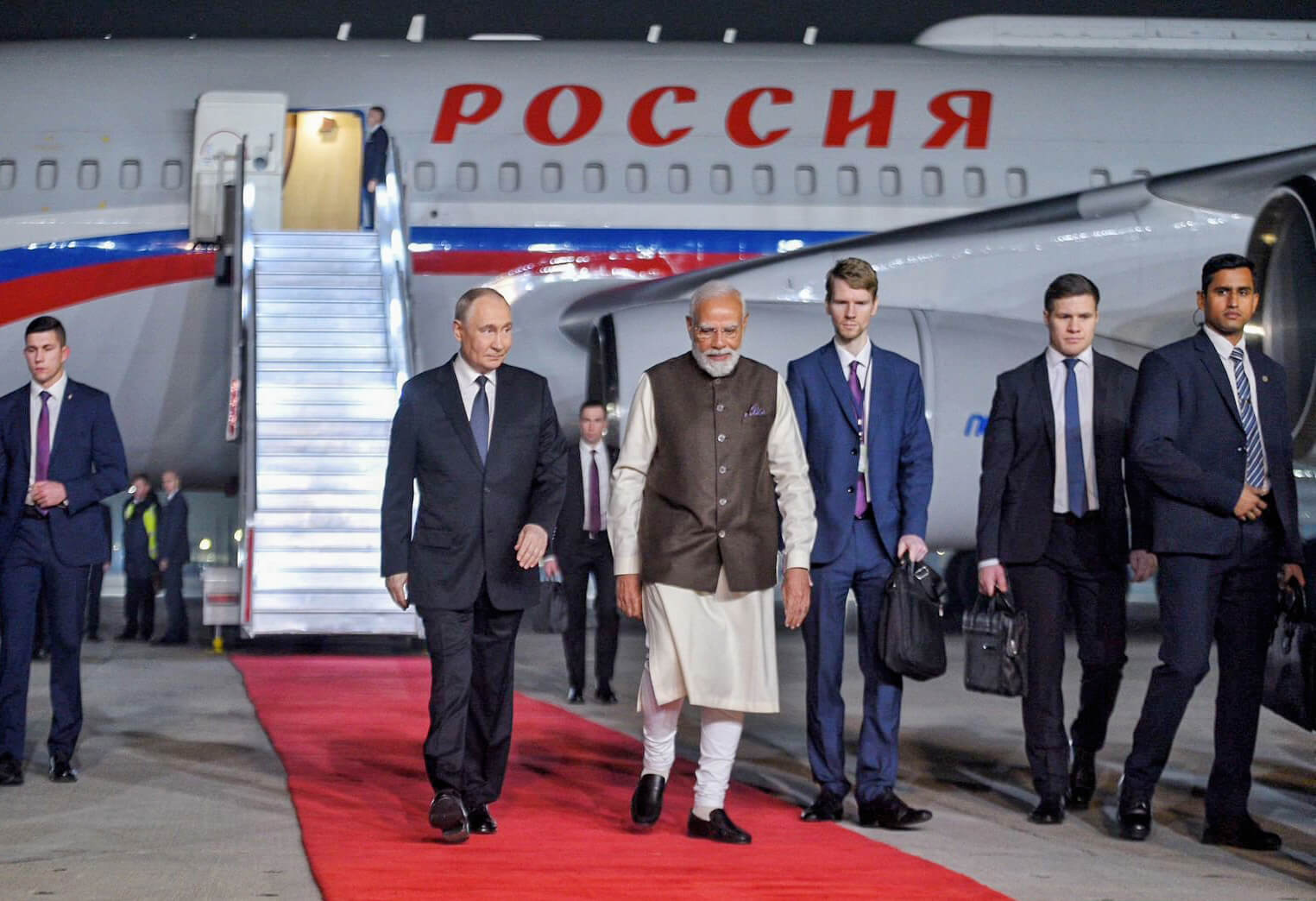
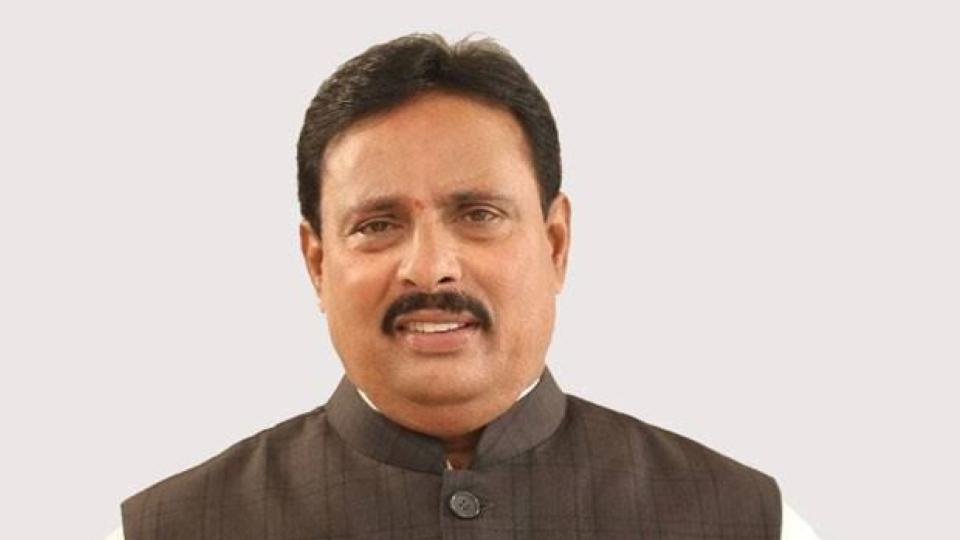
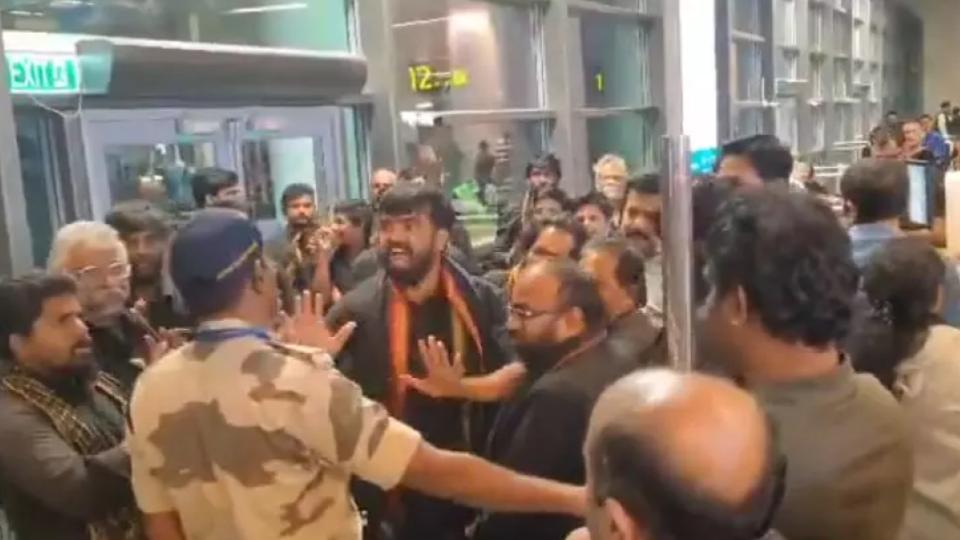
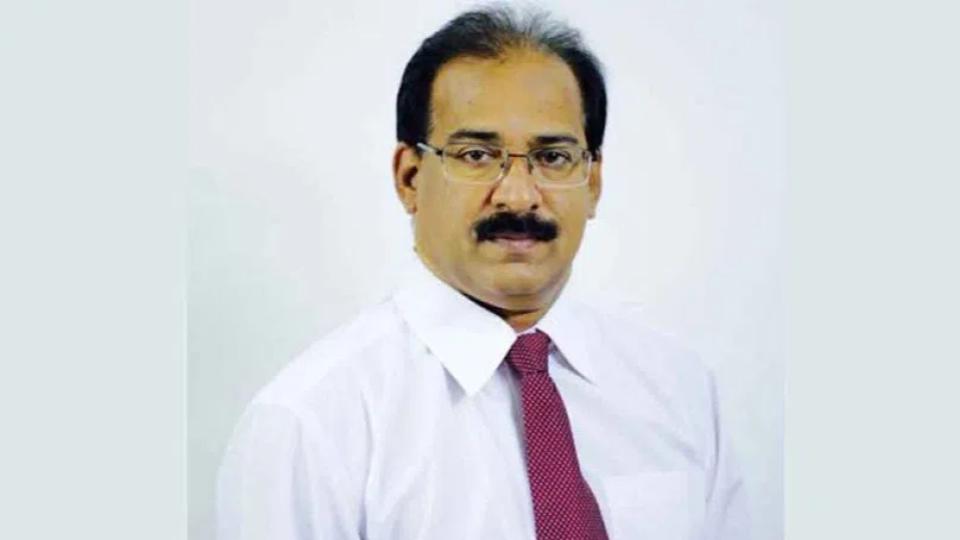
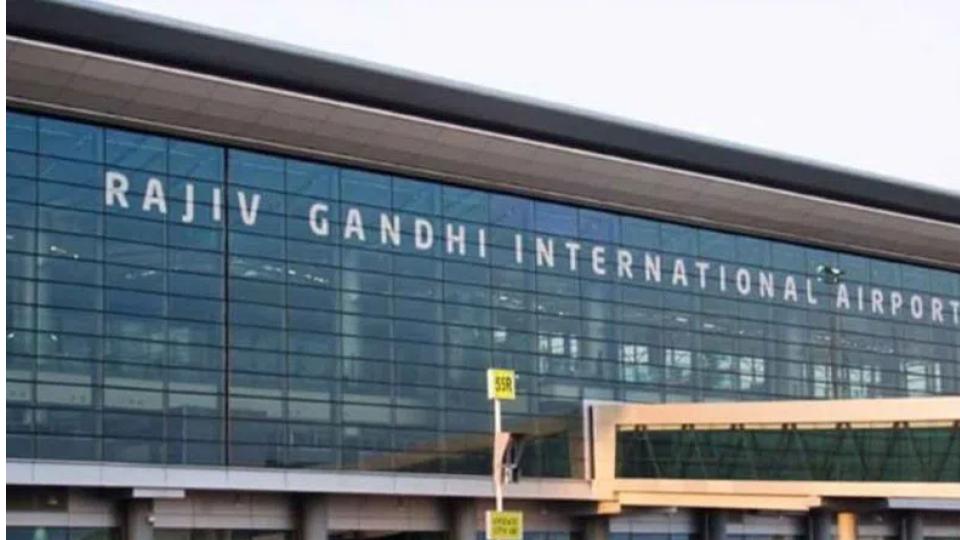
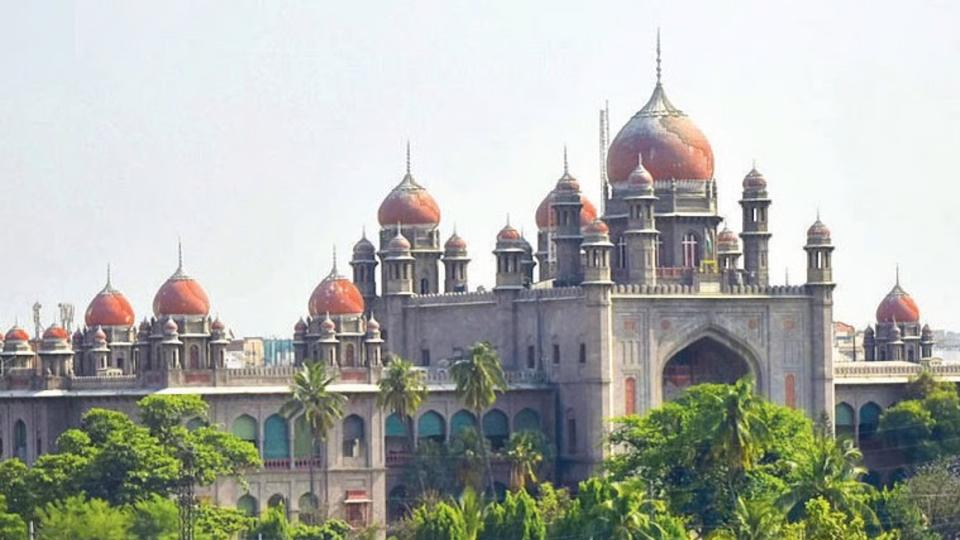





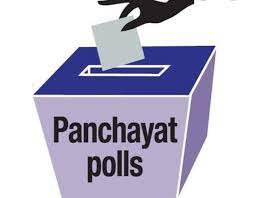
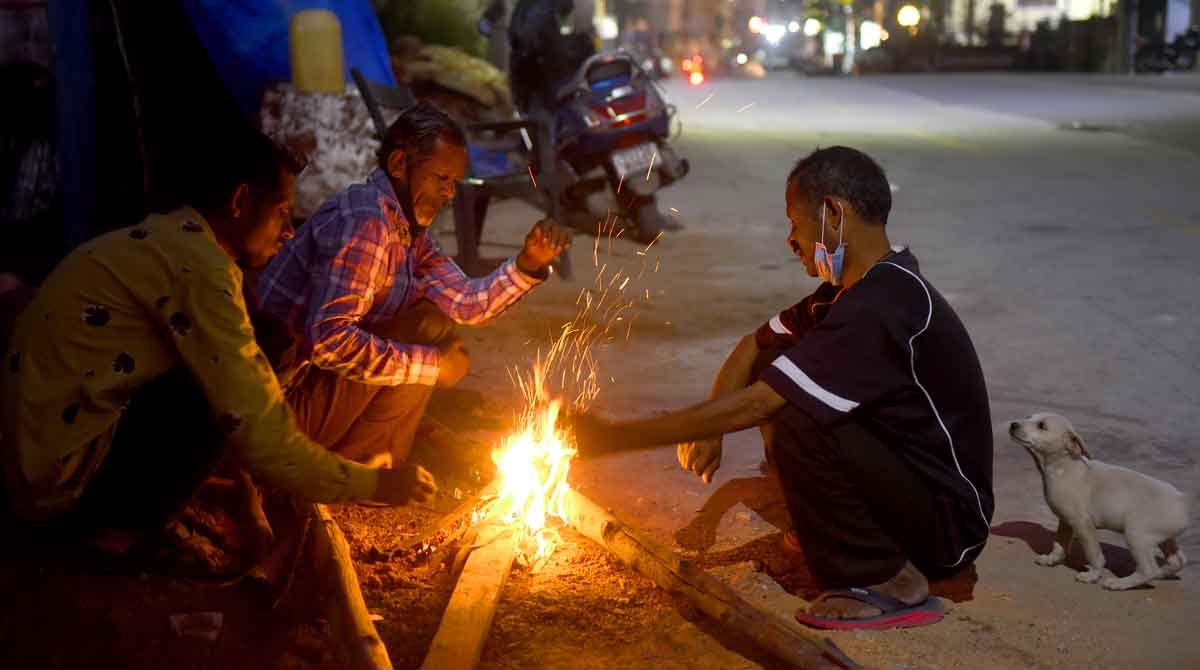











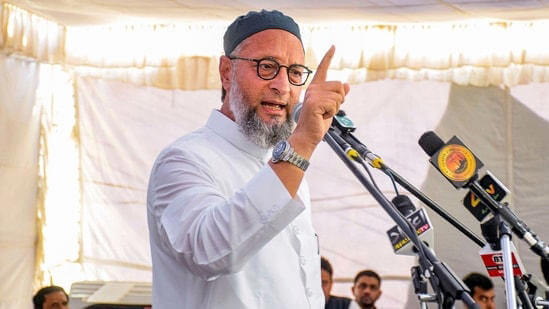
.jpg)
.jpg)
.jpg)


